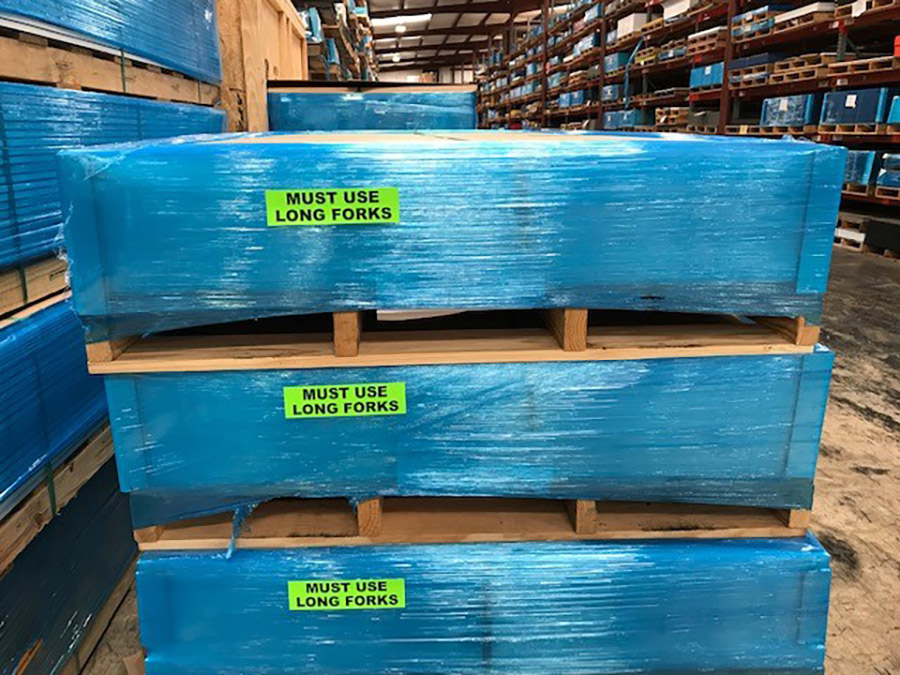IAPD President
ick up any newspaper, turn on a television, or do a Google search on the device of your choice and you’ll see some variation of a story about the transportation crisis. There are bottlenecks at the ports, a driver shortage and fuel costs are rising. On the consumer side, toys and gifts for the holidays are in containers in ships waiting to be unloaded or on the docks among thousands of other containers. There is no more space to put containers. What about the everyday problems that business must face due to transportation issues? These are all issues that impact our ability to serve our customers and threaten bottom lines. The plastics industry is no exception, and it is being hit hard. The good news is that, thanks to having good relationships with your providers, you can find ways to save money and make sure your customers receive the materials they need. As I mentioned during my speech at the convention, relationships can help us get through the tough times. This transportation crisis is just one example.


- Limit shipments to 2,500 pounds.
- Pack with five bands across the skids: three widthwise and two lengthwise.
- Use edge protectors to protect the edges from grabbing and being damaged.
The list went on and on. A few years ago, we started using shrink wrap to better protect our packaging. Customers can tell immediately when a shipment comes in if the shrink wrap is missing or if the bands are broken, which means that the material could be damaged. We still have a few damage claims, but these have been greatly reduced.
In 2005 when Hurricane Katrina devastated the Louisiana coast, trucklines started adding fuel surcharges. At that time, diesel fuel was hitting all time highs and trucking companies were trying to cope with the rising cost of fuel. We called all our preferred truck lines together and negotiated a cap on the fuel surcharge. High fuel costs happened again in 2011, and we are also seeing them today. Again, we listened to our trusted truck representatives and saved both them and ourselves an exorbitant amount of money. Those relationships saved our company dollars.
I have been invited to a retirement lunch for one of our truck representatives, Johnny B, who was instrumental in teaching us what we needed to know to make our relationship with his company work. He taught us that we may have to pay a little more to know that his truck will be on our door every day. This has saved us and our customers heartache on many occasions. We are constantly weighing service and cost and our logistics team works hard to make sure that we get the best of everything when quoting, from lead time, a timely pickup, 95 percent damage-free claims, costs and a relationship that makes it a sure thing when we must call a representative to get him to follow an important load. I am going to Johnny B’s last lunch — of many over the years — with a realization that this great relationship is ending, but we will build a relationship with his replacement. These are the relationships that have helped us through the hard times and will continue in the years ahead.